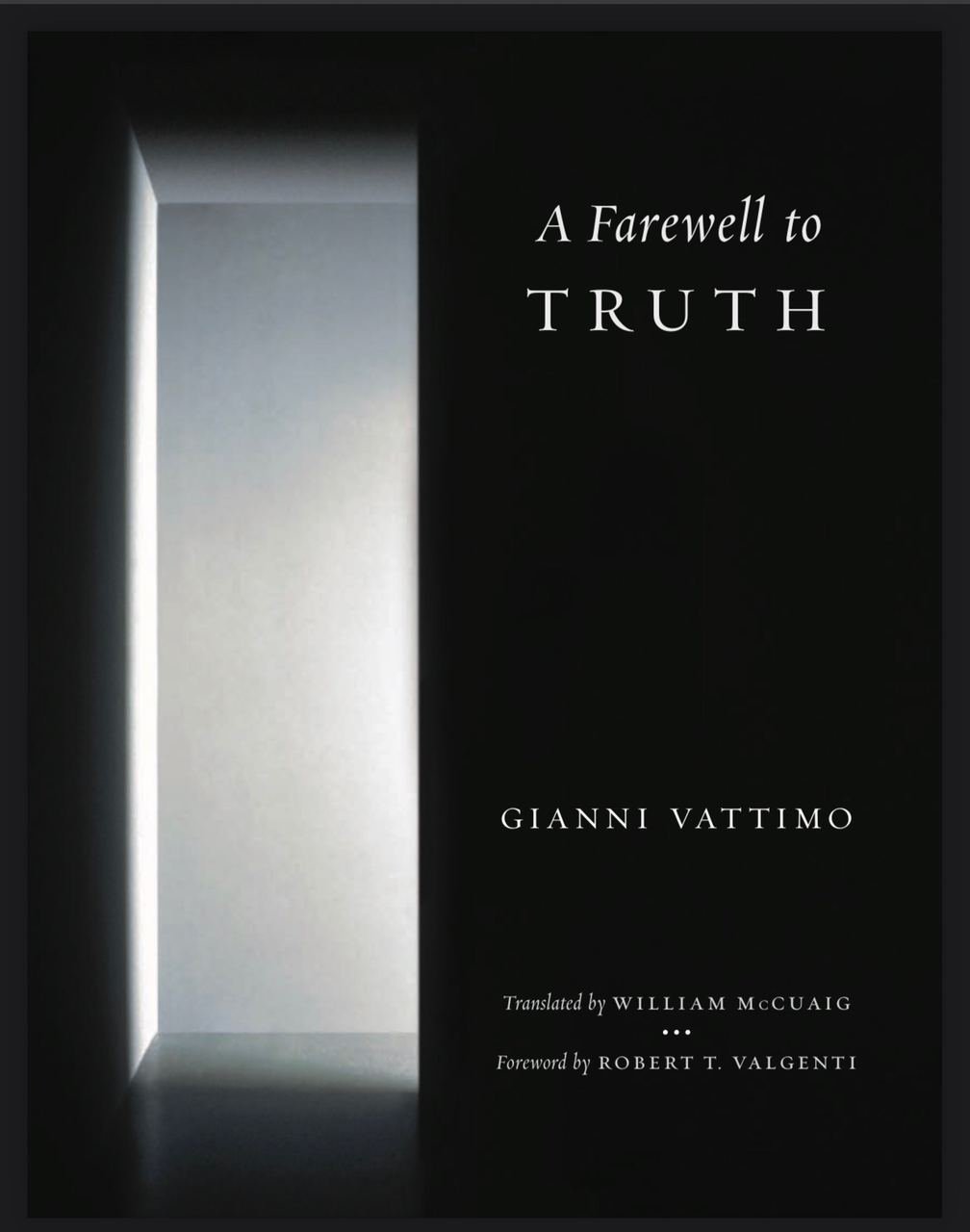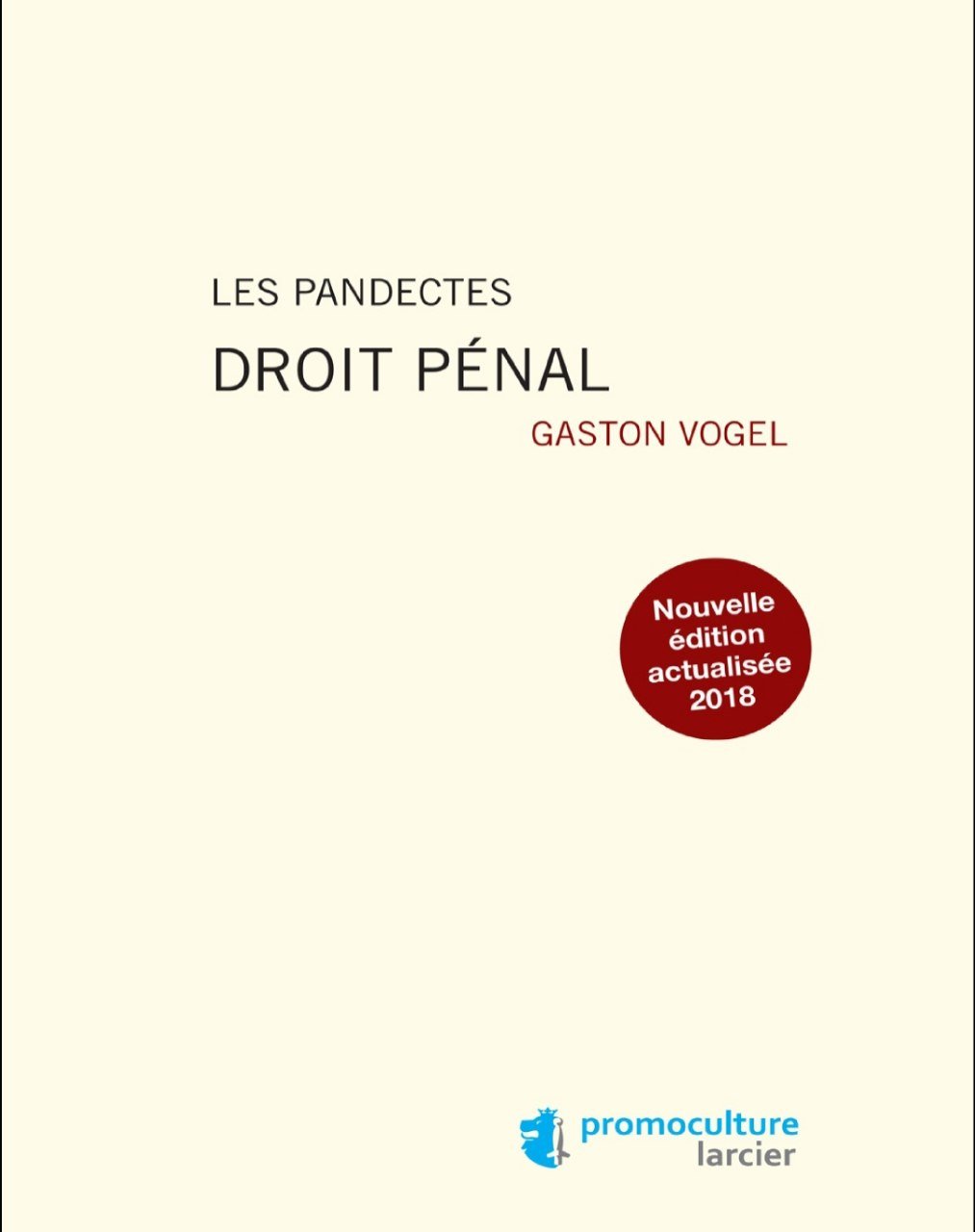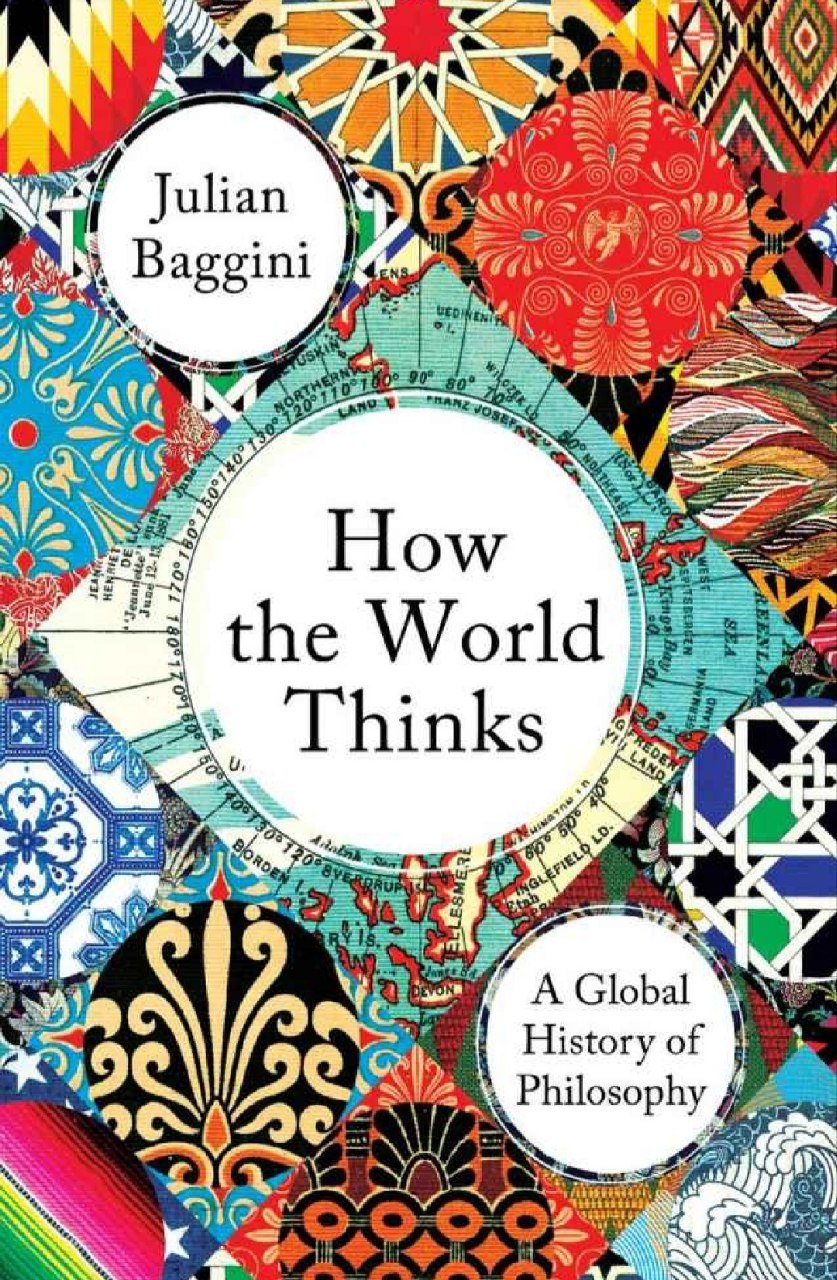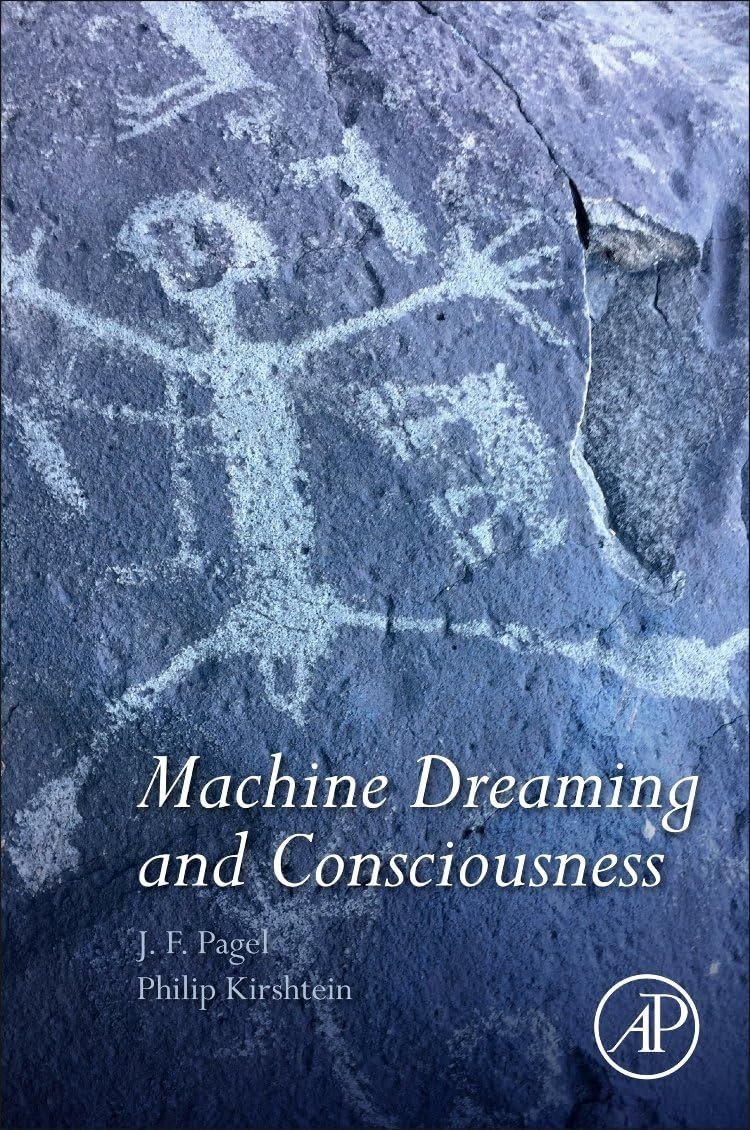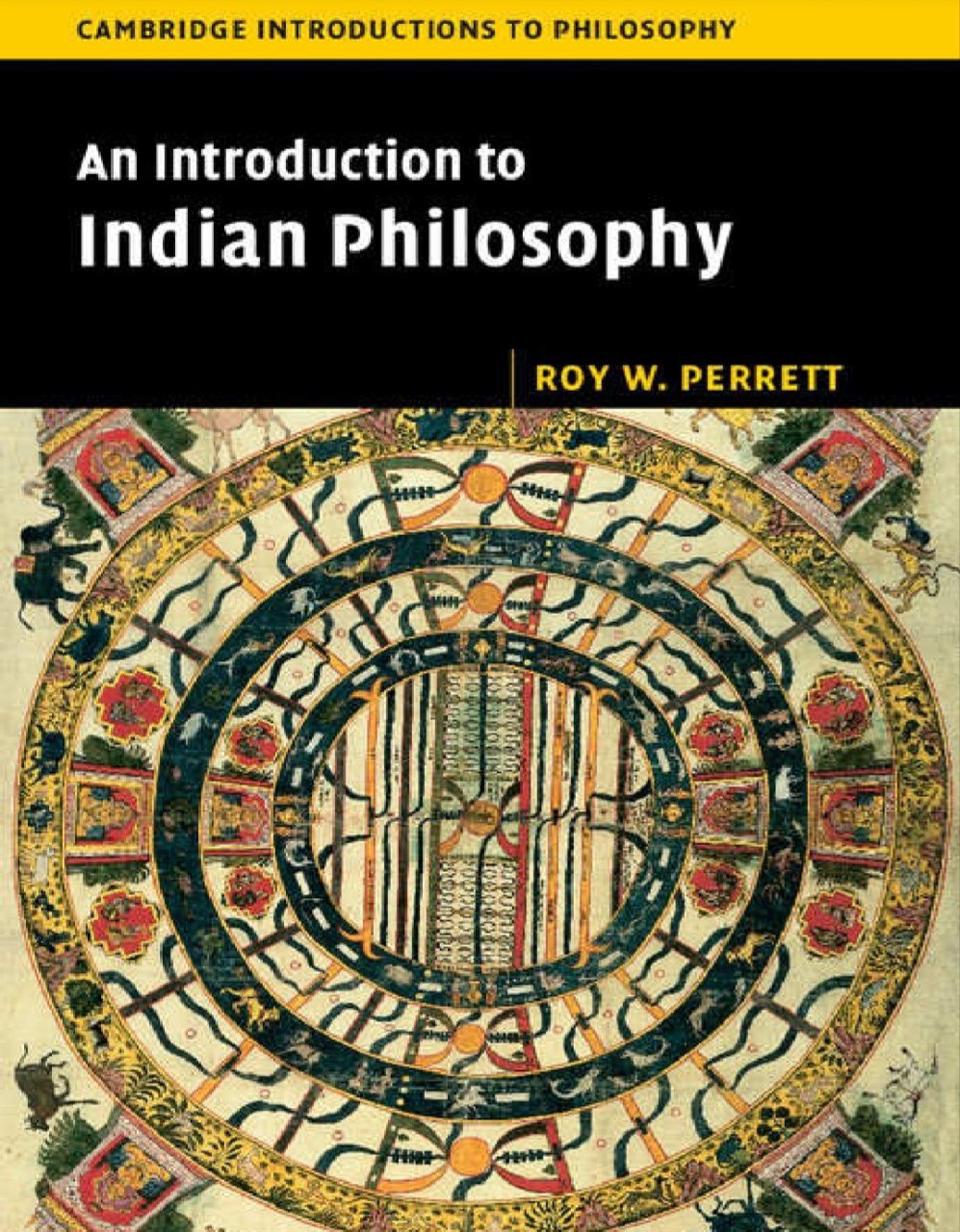

Phenomenalism, Phenomenology, and the Question of Time
Reviews
No review yet. Be the first to review this book!
Description
Phenomenalism, Phenomenology, and the Question of Time is an in-depth philosophical investigation into how three pivotal thinkers—Ernst Mach, Edmund Husserl, and Ludwig Boltzmann—approached the concept of time. Adam Berg explores the intersections and divergences in their theories, analyzing how each thinker’s understanding of time relates to their broader epistemological and ontological commitments. At its core, the book is concerned with two central philosophical movements: phenomenalism and phenomenology. Phenomenalism, as represented by Mach and aspects of Boltzmann’s thought, emphasizes the sensory and empirical basis of knowledge. It asserts that all knowledge stems from immediate experience—what is “given” to consciousness. Time, in this view, is typically treated as a conceptual framework emerging from successive sensations or perceptions. Phenomenology, as advanced by Husserl, offers a different, though sometimes overlapping, perspective. Husserl’s phenomenology seeks to describe the structures of consciousness and the ways in which phenomena appear to the experiencing subject. For Husserl, time is not merely a sequence of sensations but is intimately tied to the flow of consciousness itself—its retention (memory of what has just passed), protention (anticipation of what is about to happen), and the living present (the now moment). Berg carefully examines Mach’s phenomenalist framework, showing how Mach’s rejection of metaphysics leads him to a conception of time that is entirely grounded in sense data and empirical observation. Mach’s science of experience excludes any notion of an objective or metaphysical time—time is a relational and psychological construct. In contrast, Boltzmann, though sharing Mach’s empiricist leanings, engages more directly with the physical and statistical dimensions of time. Boltzmann’s work on entropy and the arrow of time introduces a thermodynamic understanding of temporal asymmetry, which raises complex philosophical questions about the directionality and meaning of time in physical theory. Husserl’s phenomenology, according to Berg, represents a fundamental shift. Rather than anchoring time in the succession of sensory impressions, Husserl’s analysis of internal time-consciousness reveals time as an essential structure of lived experience. Husserl identifies time as a condition for the possibility of experience itself, not a product of experience. This leads to Husserl’s complex treatment of how objects endure and how consciousness constitutes temporality through retention and protention. Berg’s comparative study highlights how these three thinkers offer radically different but interconnected approaches to understanding time—Mach through empirical experience, Boltzmann through physical theory and probability, and Husserl through transcendental phenomenology. Ultimately, Phenomenalism, Phenomenology, and the Question of Time addresses profound philosophical questions: Is time a psychological phenomenon, a physical process, or a transcendental structure? Berg’s analysis suggests that understanding time requires navigating between empirical science, phenomenological description, and metaphysical speculation.



























.jpg)


.jpeg)


.jpeg)
.jpeg)


.jpg)






















.jpg)
.jpg)
.jpeg)

.jpg)

.jpg)




.jpeg)




.png)












.jpg)
.jpg)



